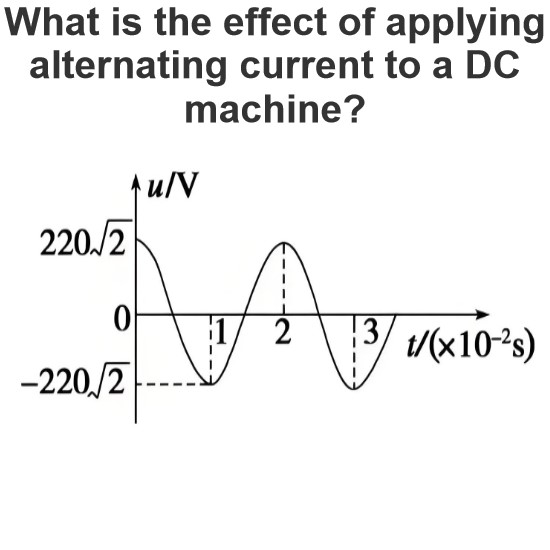What is Millmans Theorem?
What is Millmans Theorem?
Millman’s Theorem Definition
Millman’s theorem is defined as a method to simplify circuits with multiple parallel voltage or current sources into a single equivalent source.
Application to Voltage Source Circuits
Millman’s theorem simplifies circuits with only voltage sources in parallel into an equivalent voltage source with a series resistance.
Equivalent Voltage Calculation
The equivalent voltage (VE) is calculated using the theorem, representing the Thevenin voltage.
Application to Mixed Source Circuits
The theorem also applies to circuits with both voltage and current sources in parallel, simplifying them into an equivalent source.
Example Applications
Example problems demonstrate how Millman’s theorem simplifies complex circuits, making it easier to find voltage and current across specific components.
The Electricity Encyclopedia is dedicated to accelerating the dissemination and application of electricity knowledge and adding impetus to the development and innovation of the electricity industry.













